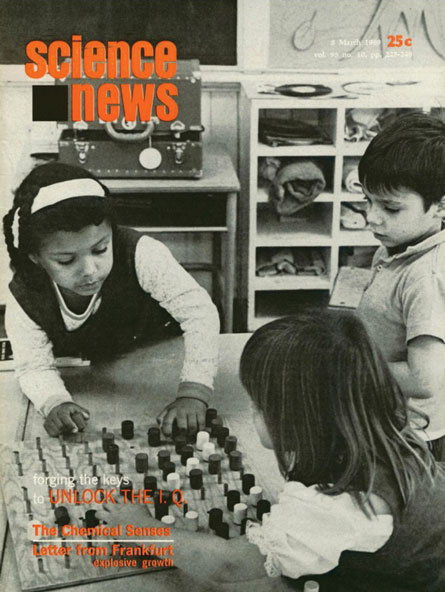50 years ago, people thought MSG caused ‘Chinese restaurant syndrome’
Excerpt from the March 8, 1969 issue of Science News

CHOW DOWN Chinese food once had a bad rap in the United States because of a common ingredient — monosodium glutamate, or MSG. But earlier claims that the flavor-enhancing compound made people sick have been debunked.
karriezhu/pixabay (CC0)
 Chinese Restaurant syndrome varies —
Chinese Restaurant syndrome varies —






